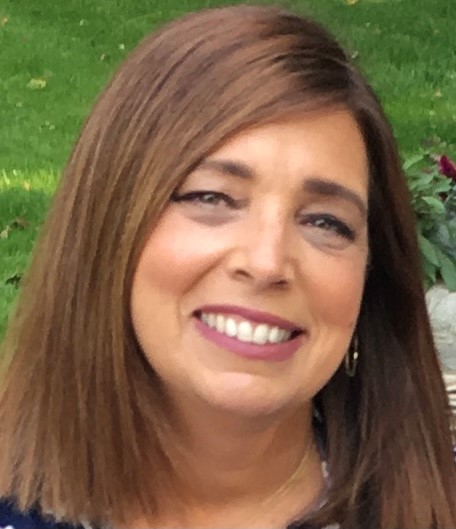
Support for students with learning differences must go beyond academic accommodations required by law.
In today’s higher education environment, many colleges and universities are establishing accommodation protocols that go above and beyond what is mandated by the government for students with documented learning differences.
For years, society has concentrated on these accommodations for students in K-12. In the last five years, however, there has been rapid growth to bring these accommodations to the college setting and for good reason.
Documented learning disabilities include autism, ADHD, ADD, dyslexia and more. Government guidelines on these accommodations allow for interpretation and result in a wide variance in fulfillment. Some colleges do the bare minimum to meet the requirements while others have found a way to provide a broad spectrum of services to support their students.
Many colleges understand the need for comprehensive accommodations because they have seen firsthand that limited supports do not always lead to success. Comprehensive centers like Notre Dame College’s Thrive Learning Center, have found the most successful programs adapt their services to meet the unique needs of each individual student.
Here are some important non-academic supports that colleges can implement to better support their students who learn differently:
1. Provide robust mental health support
It is imperative that mental health support is embedded in any program associated with learning disabilities. Each disability requires different supports and mental health sessions can take many forms.
Individual sessions are the norm but both group sessions and mental health workshops can be beneficial. Get creative and provide different options for mental health sessions including individual appointments, drop-in time, and student support groups.
If there are budget or staffing constraints, which are quite common in higher education, try to find help through community resource partnering. Is there a local mental health service operating near the college? Chances are, many of your students are using that resource already.
2. Build faculty buy-in
Faculty members are a key component to building university support outside of a designated support center. Working together with faculty is key to making sure students with learning differences have support in each of their classrooms.
Education of faculty, athletic staff and administration is critical to ensure everyone who interacts with students with learning differences understand what unique supports may be needed. Establish training for new and adjunct faculty on the support center’s policies and develop workshops on distinct disability populations that can be used as continuing education hours.
On the other hand, find out what faculty members are seeing and experiencing in the classroom with their students who learn differently. Always leave time for them to share their observations and concerns.
3. Host social events
College campuses provide opportunities for socialization, friendships, and discovering non-academic interests. These experiences are great opportunities for self-esteem building and engaging in the “traditional” college experience.
Host socialization events for all students that allow those with a learning disability to experience growth and meet new people outside of a support center. For example, host center-sponsored movie nights, bowling outings or intramural sports.
Don’t forget or discount the value of spontaneous or informal interaction as well. The college can intentionally create spaces that encourage natural socialization, like a study space or lounge area within the support center itself.
4. Address student needs in on-campus living arrangements
On-campus living is one of the most stressful aspects of college for a student and their family. With the help of experts, resident assistants should be educated and coached in mental health needs and overall expectations of atypical students living away from home.
Dedicated floors for atypical students could be set up with different living rules that reduce anxiety. For instance, students living on the floor can weigh in on noise levels, designated study times, guest limitations and timing of lights out.
5. Provide opportunities for career preparation
Lastly, non-academic support must address career preparation. Collaborate with your career department to provide professional development and individualized support for each student with a learning difference utilizing these services.
The college or support center should consider developing a program specific to these students to help them prepare and practice for interviews. Community volunteers could offer constructive feedback on the students’ resumes and interviewing skills as well.
As you can see, college is not just about academics. True growth occurs when all components of a student’s college experience are positive and helpful.
As the director of the Thrive Learning Center at Notre Dame College, I can attest that non-academic complements are game-changers for students with learning differences in college. There is not a “one-size-fits-all” answer to support, as each student and their needs are unique and deserve a unique solution.
Mary Jo Levand is the director of the Thrive Learning Center at Notre Dame College. The center supports students with learning disabilities academically, socially and emotionally throughout their college experience.





